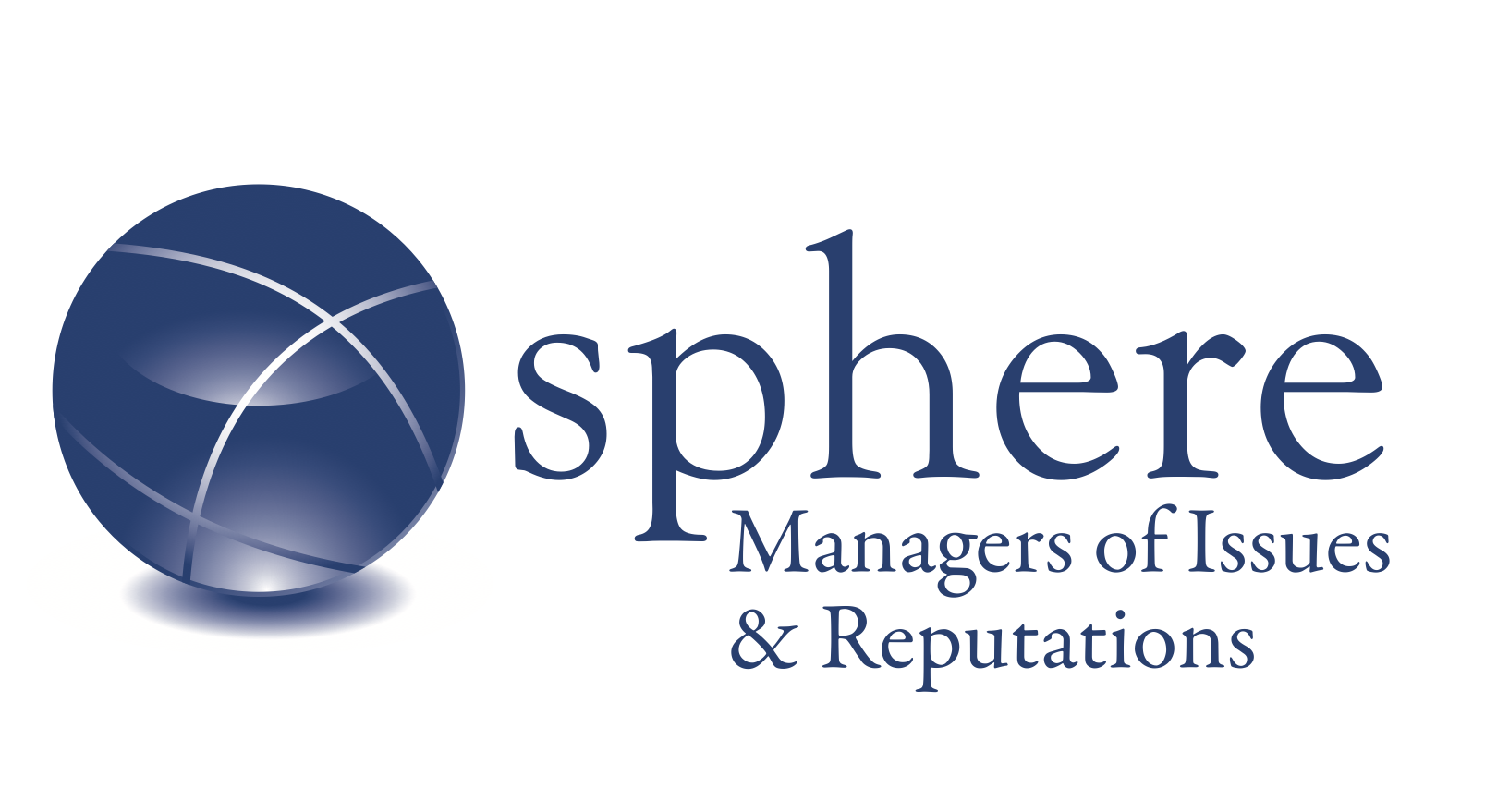16 Jul
2018
Trump Meets Putin, Fed Testimony and Health Care Costs
- Whatever you do, don’t call it a summit: The meeting between President Trump and Russian President Vladimir Putin, currently underway, is just a meeting. But as the White House tried to play down the importance of the meeting on Sunday, President Trump said he will ask about Russian “meddling” in the election. Which, if it happened, he said, was the fault of the Democrats and the Obama administration, of course.
- Asked if he would request that Russia extradite the 12 Russian intelligence agents who were indicted last week on charges they sought to interfere in the American presidential election, President Trump responded, “I hadn’t thought of that.” He allowed that “certainly I’ll be asking about it, but again, this was during the Obama Administration.” It’s almost certain, however, that the Russians were indicted by Trump’s own Justice Department.
- Who is America’s biggest foe globally? A natural question, of course, on the eve of a summit, er, meeting with Russia. The answer, according to the president? The European Union, because of “what they do to us on trade.” In response, the president of the European Council, tweeted, “Whoever says we are foes is spreading fake news.” On Thursday, the Brookings Institution will examine the confusion, hosting “No Friends, No Enemies? Trans-Atlantic Relations After Trump’s Europe Trip.”
- President Trump’s European adventure last week also included a visit with the North Atlantic Treaty Organization, at which the president said Germany was “captive to Russia” because of its dependence on Russian oil and gas. Perhaps the state of NATO could best be summed up by this photo. On Thursday, the Center for Strategic and International Studies hosts “From Washington to Brussels: A Discussion on the 2018 NATO Summit.”
- That the U.S. is in a trade war with the European Union and China is a given now that the president has imposed punishing tariffs on both. But what effects are they having? On Wednesday, a panel of the House Ways and Means Committee looks at “The Effects of Tariffs on U.S. Agriculture and Rural Communities,” while at the same time a Senate Finance panel examines “Trade and Commerce at U.S. Ports of Entry.”
- Federal Reserve Chairman Jerome Powell will give the Fed’s Semiannual Monetary Policy Report to Congress this week, talking about whether the Fed is seeing enough signs of inflation that will cause it to continue to raise interest rates through the end of the year. Powell appears on Tuesday before the Senate Banking Committee and on Wednesday before the House Financial Services Committee.
- Health care is likely to be on the minds of more than a few midterm voters this fall, particularly with another period of open enrollment in Obamacare opening soon. Several events take a look this week, as the Pew Charitable Trusts on Monday hosts “U.S. Senator Susan Collins on Addressing Rising Drug Prices,” while on Tuesday the Senate Health Committee hears about “Reducing Health Care Costs: Eliminating Excess Health Care Spending and Improving Quality and Value for Patients,” and House Energy & Commerce examines “State Efforts to Improve Transparency of Health Care Costs for Consumers.”
- Lack of transparency and potential political bias in the filtering practices of social media companies will be the subject of another hearing on Tuesday, when the House Judiciary Committee hears from executives at Facebook, YouTube and Twitterwhile “Examining the Content Filtering Practices of Social Media Giants.”
- Whether those giant tech companies are so big that they need to be broken up is something that will be a continuing focus of the Federal Trade Commission in coming years. On Wednesday, the House Energy & Commerce Committee gets a chance to ask and hear from members of the commission itself, during a hearing on “Oversight of the F.T.C.”
- Just how easily can reality be manipulated? Very, says Sen. Marco Rubio, who on Thursday will deliver the keynote remarks at the Heritage Foundation’s “Deep Fakes: A Looming Challenge for Privacy, Democracy and National Security.” Rubio and a panel of experts will examine the ability to manufacture audio and video of people doing and saying things they never did or said, creating novel forms of exploitation, intimidation and sabotage.
